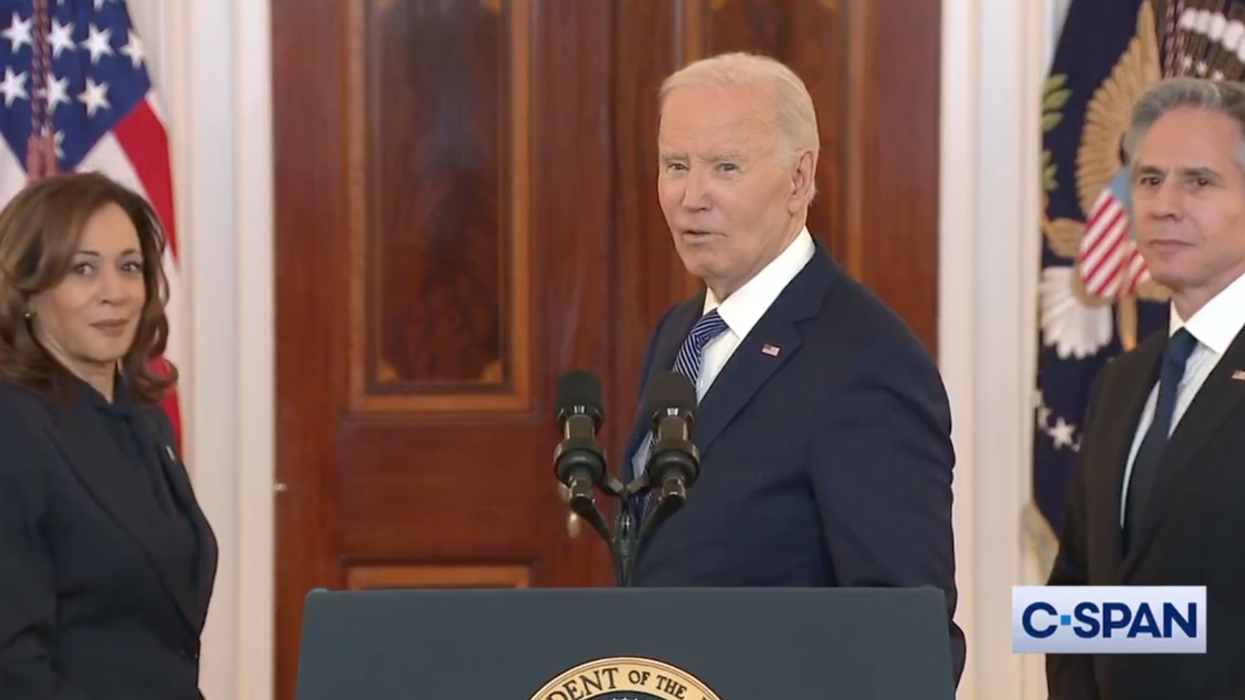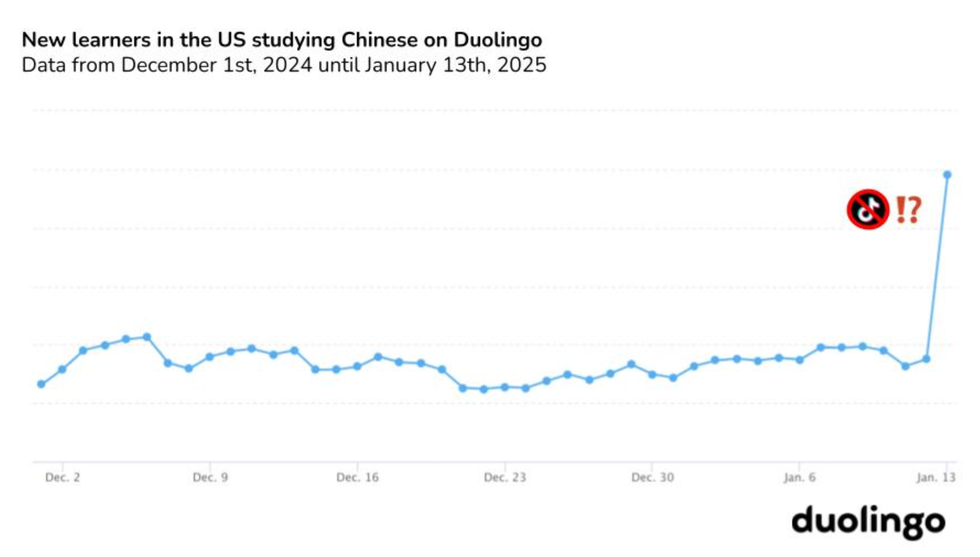Are there 28 days in February this year or 29? Chances are that question will be asked quite a bit when people go to write the date on Thursday. The answer, in case you’re among the perplexed many, is 28. Every four years we experience a 12-month span that has 366 days instead of the 365 we’re used to and 2018 is not one of those years. But why? One would think if the calendar is based on the Earth’s rotations and revolutions, that science would dictate every year would be the same. That, actually, is where the issue comes in.
The calendar that is followed daily in many parts of the world, the United States included, isn’t entirely based on the science of a day. Civilizations throughout history have struggled to perfect a calendar that matches Mother Nature’s cycles, including the Sumerians that merely had a 12-month calendar of 30 days each. According to National Geographic, Egyptians and societies from Rome and China used a lunar calendar. Unfortunately, the 29.5 day month and 354-day year resulted in differing seasons each year.
Caesar’s Year of Confusion and Pope Gregory XIII’s Fix

A civilization of ingenuity, the Romans stepped in to try and rectify the ages-long difficulty of perfecting the annual calendar. During his reign, Julius Caesar swore to fix the seasonal drift. By the time he instituted the 445-day-long “Year of Confusion” in 46 B.C., the seasons had already shifted by approximately three months. The unusual year occurred only once and worked in realigning the seasons to their proper times of the year. The following year, Caesar implemented a 365.25 day-year. Every four years, a day was added to keep everything in alignment.
Though Caesar was likely proud of himself, there still lied a dilemma. National Geographic explains that the extra quarter day is .008 longer than the solar year’s extra day. Between this and the discrepancy that was already present, Christian holidays had shifted approximately ten days. Enter Pope Gregory XIII, who created the Gregorian calendar in 1582. To try and set things right, he removed ten days from October that year and altered the rules of the leap year.
Rather than occur every four years with no exceptions, a leap year that’s divisible by 100 is skipped unless it’s also divisible by 400. For instance, the year 1900 was not a leap year, but the year 1600 was. Looking at the modern calendar, the next leap year is not until 2020.














 @duolingo/Instagram
@duolingo/Instagram @duolingo/X
@duolingo/X
 @margomartin/X
@margomartin/X @margomartin/X
@margomartin/X
 The Little Mermaid GIF by Walt Disney Studios
The Little Mermaid GIF by Walt Disney Studios Tired Fuck Me GIF
Tired Fuck Me GIF glass slipper shoes GIF
glass slipper shoes GIF Flying Peter Pan GIF by Disney
Flying Peter Pan GIF by Disney